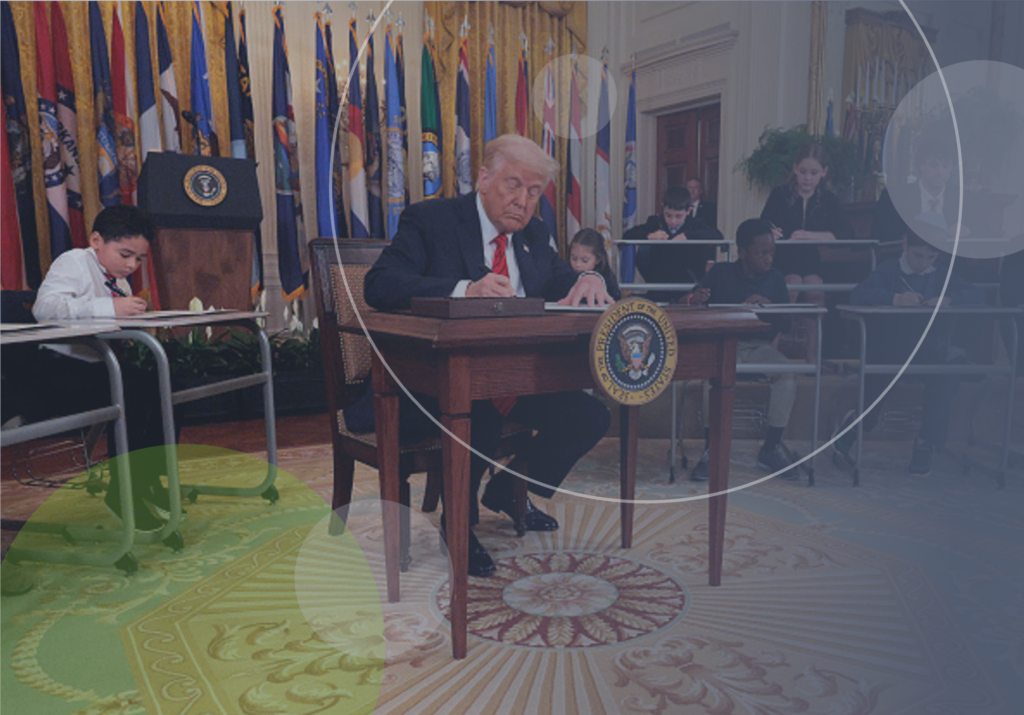Yesterday, President Donald Trump withdrew the nomination of Dr. Janette Nesheiwat for U.S. Surgeon General, opting instead to nominate Dr. Casey Means, a Stanford-educated physician and wellness influencer closely aligned with the administration’s “Make America Healthy Again” (MAHA) initiative.
Dr. Nesheiwat, a family medicine physician and former Fox News medical contributor, faced scrutiny over her medical credentials. Reports indicated discrepancies in her stated educational background, leading to questions about her qualifications for the Surgeon General role. Consequently, the administration reassigned her to a different position within the Department of Health and Human Services (HHS).
Dr. Means, co-founder of the health tech company Levels and co-author of the book “Good Energy,” has been a prominent advocate for addressing chronic diseases through metabolic tracking, lifestyle and dietary changes. Her nomination reflects the administration’s emphasis on preventative care and holistic health approaches. However, some of her views, such as skepticism toward certain public health measures, have sparked debate within the medical community. Additionally, Dr. Means placed her Oregon medical license on inactive status in January 2024 and no longer practices clinical medicine. This has led to questions about her current qualifications to serve as the nation’s top public health official. Her brother, Calley Means, is a Special Government Employee working closely with and supporting HHS Secretary Kennedy.
Key Takeaways for Hospital and Health System Leaders:
- Policy Direction: The nomination of Dr. Means signals a potential shift in federal health policy towards preventative and holistic care models.
- Operational Implications: Hospitals may need to adapt to new guidelines emphasizing lifestyle interventions and chronic disease prevention.
- Stakeholder Engagement: Engaging with policymakers and staying informed about evolving health policies will be crucial for aligning hospital practices with national health objectives.
Hospital and health system leaders should monitor the confirmation process and be prepared to adjust strategies in response to potential changes in public health policy priorities.
